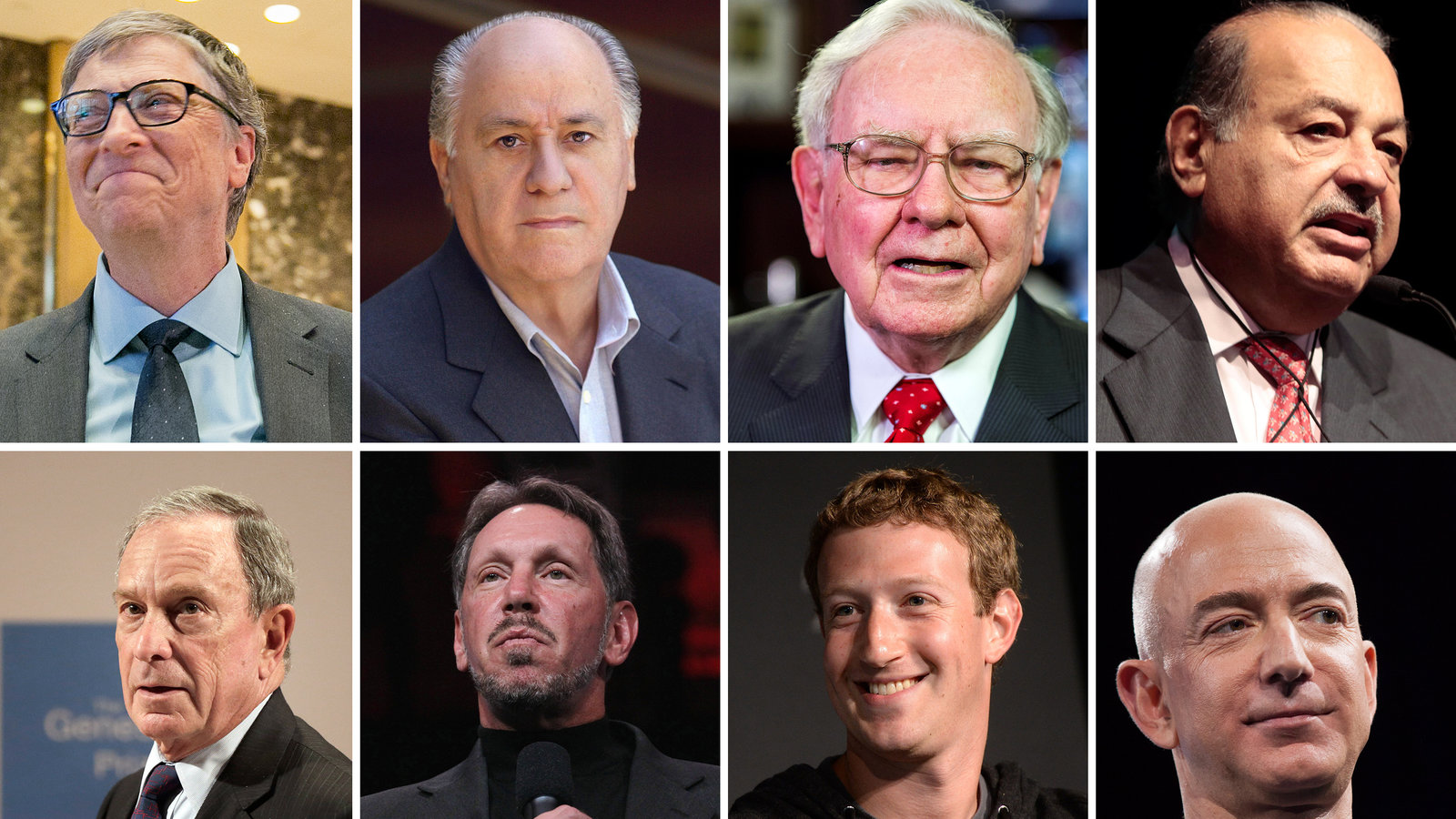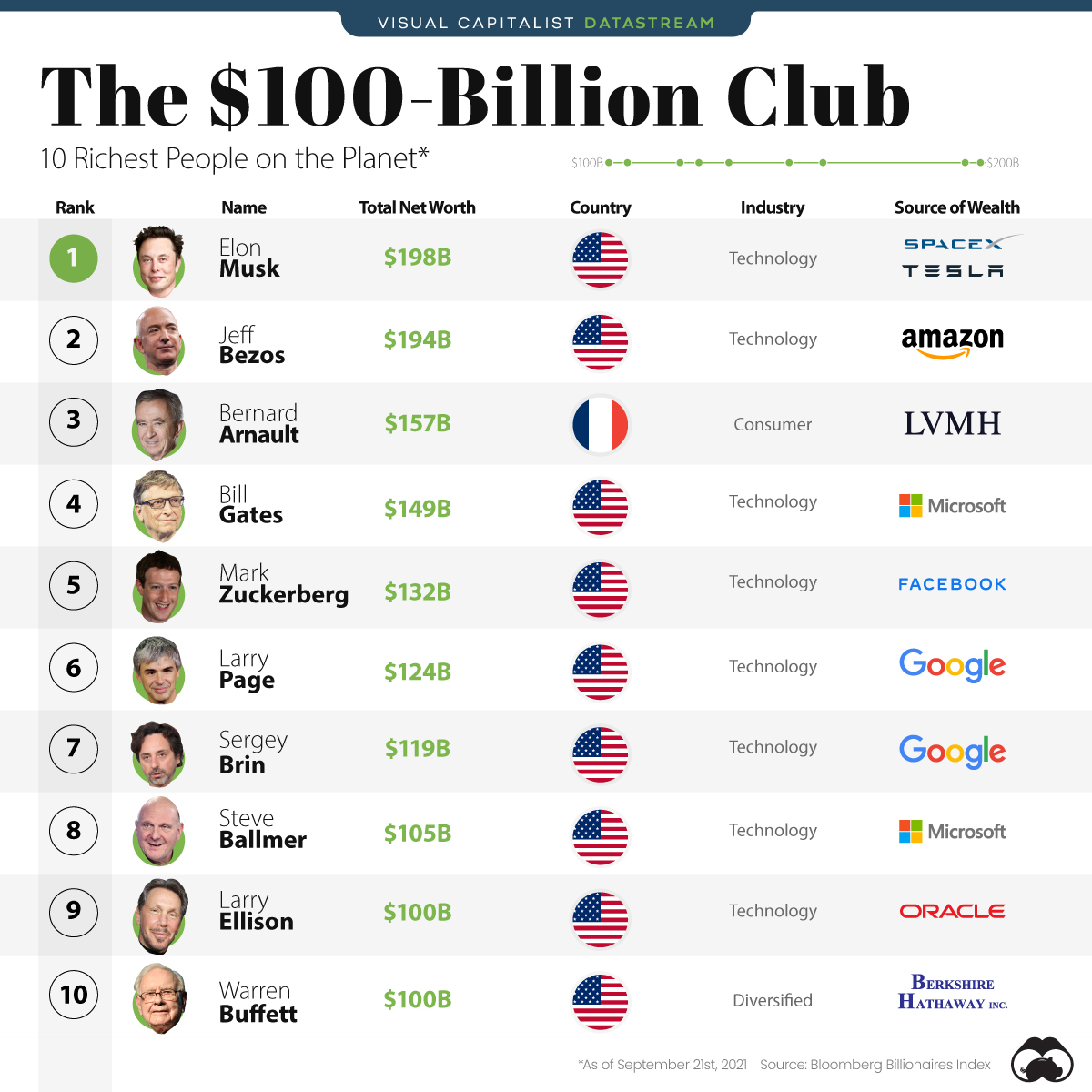DESIBUZZCanada
Events Listings
Dummy Post

International Day Of Yoga To Be Virtually Celebrated Saturday At 4pm

CANCELLED: Coronavirus Fears Kills Surrey’s Vaisakhi Day Parade

ADVERTISE WITH US: DESIBUZZCanada Is The Most Read South Asian Publication Online

SURREY LIBRARIES: Get Technology Help At Surrey Libraries

WALLY OPPAL: Surrey Police Transition Update On Feb. 26

GONE ARE THE DAYS - Feature Documentary Trailer

Technology Help At Surrey Libraries

Birding Walks

Plea Poetry/short Story : Youth Contest

International Folk Dancing Drop-in Sessions
World’s Richest 1% Increase Wealth By $33.9 Trillion In Last 10 Years
- July 10, 2025

This Amount Is Enough To End Global Poverty 22 Times Over!
By Harinder Mahil
According to a report issued by Oxfam on June 25, 2025, the world’s richest 1% increased their wealth by more than $33.9 trillion since 2015. This amount is “more than enough to eliminate annual poverty rates 22 times over” when calculating at the World’s Bank’s highest poverty line of $8.30 per day, the organization said in a news release.
Oxfam also called for governments to invest in state-led development and to tax the ultrarich, among other recommendations.
The report states that nearly half of the world’s population — over 3.7 billion people — live in poverty while the world’s 3,000 billionaires gained $6.5 trillion over the last ten years, the equivalent of 14.6% of global GDP.
“This immense concentration of wealth has translated to political power, in a movement towards oligarchy that sees ultra-wealthy individuals able to shape political and economic decision-making in ways that increase their wealth,” Oxfam said in its briefing paper, titled “From Private Profit to Public Power: Financing Development, Not Oligarchy.”

According to the report, wealthy governments have made the largest cuts to foreign aid since records began in 1960. “The G7 countries alone, who account for around three-quarters of all official aid, are cutting aid by 28% for 2026 compared to 2024,” the group said.
Oxfam noted in its report that financing development should not rely on private investments, and instead the group recommended a “public-first approach”. The organization’s analysis unveils “astronomical rise in private wealth”. Between 1995 and 2023, global private wealth grew by $342 trillion – 8 times more than public wealth.
The report suggests that governments should invest in state-led development to ensure “universal high-quality healthcare, education and care services, and explore publicly-delivered goods in sectors from energy to transportation”.
Oxfam is urging governments to rally behind policy proposals that offer a change in course by tackling extreme inequality and transforming the financing system.
Wealth inequality can have far-reaching consequences for a society. People can lose faith in institutions if they perceive the system as unfair or rigged in favour of the wealthy. Deep inequality can fuel civil unrest and even violence.

When wealth is concentrated at the top, the majority have less to spend, reducing overall demand and slowing growth. Economic barriers often prevent talented individuals from lower income backgrounds from contributing to innovation. Inequality is also linked to higher rates of illness, mental health problems, and shorter life expectancy among lower-income groups.
The governments around the world must pay attention to Oxfam’s recommendations and take action to tackle extreme inequality.
Harinder Mahil is a human rights activist and is secretary of Dr. Hari Sharma Foundation.

















